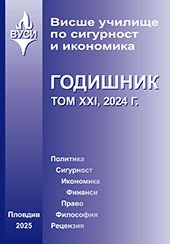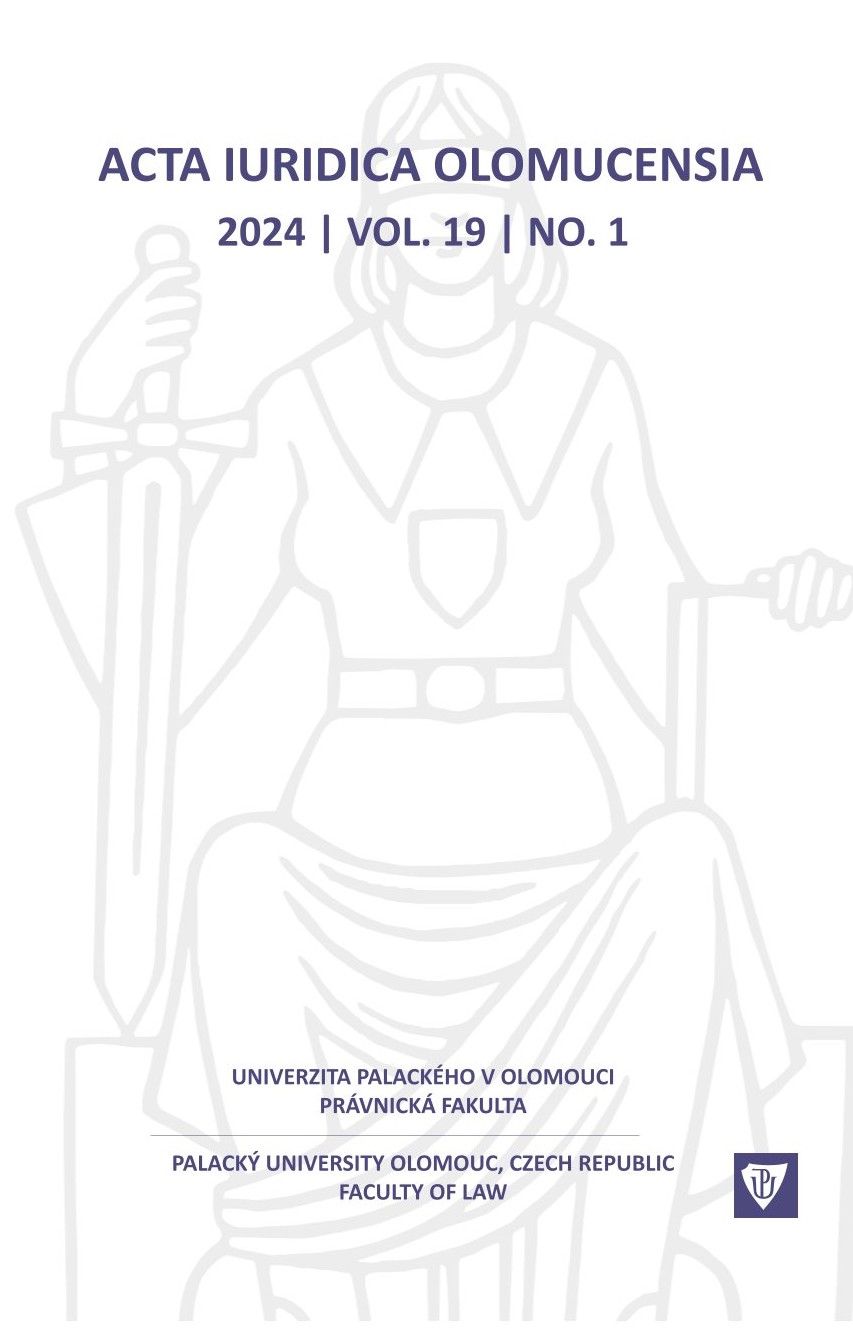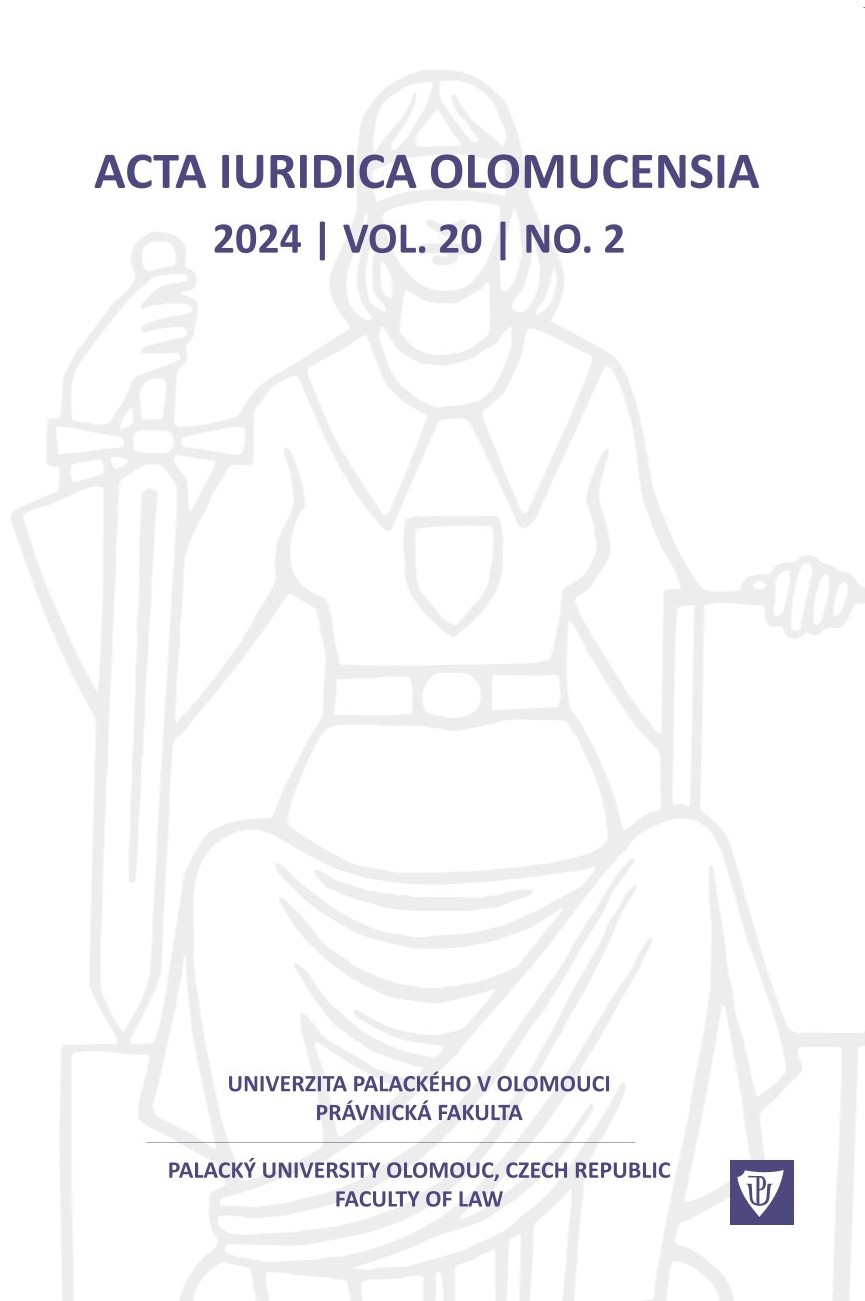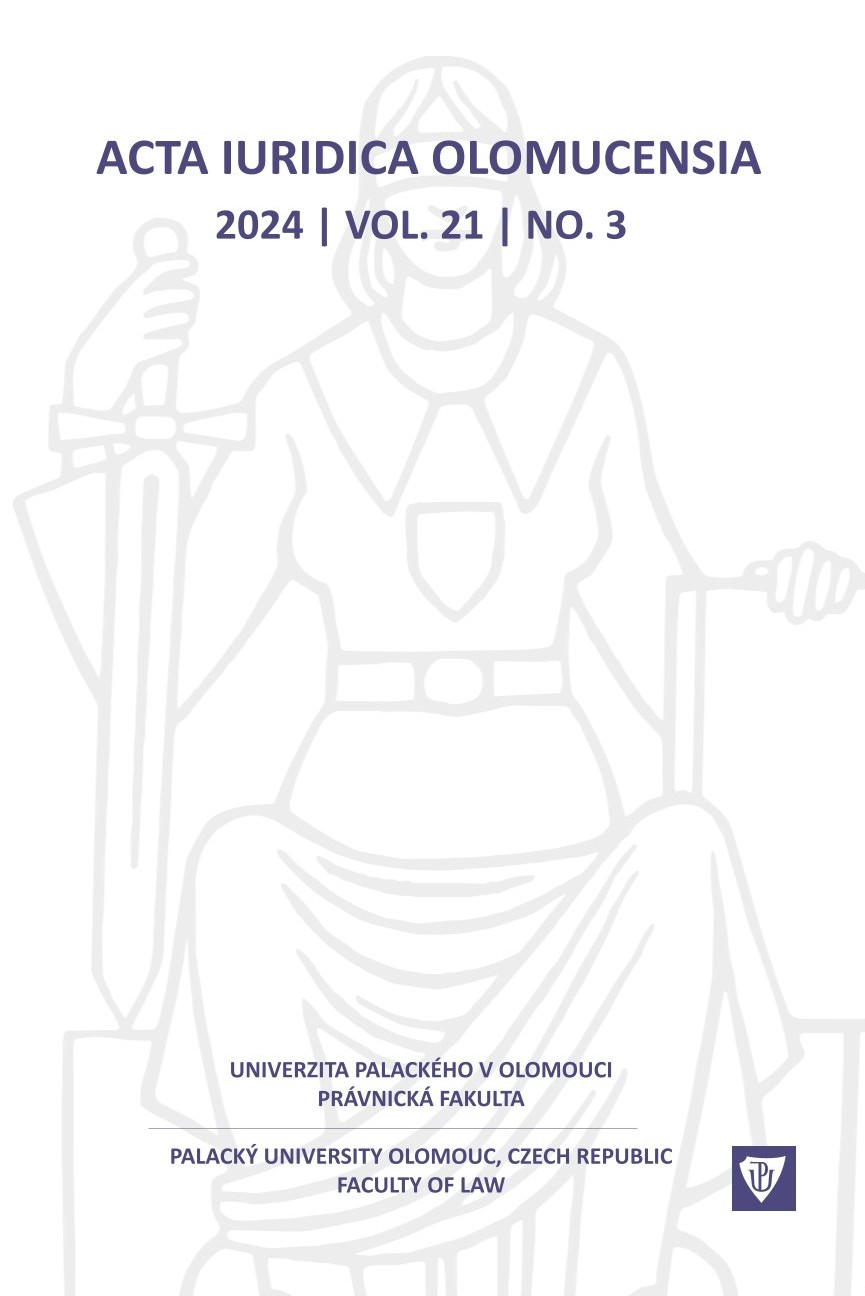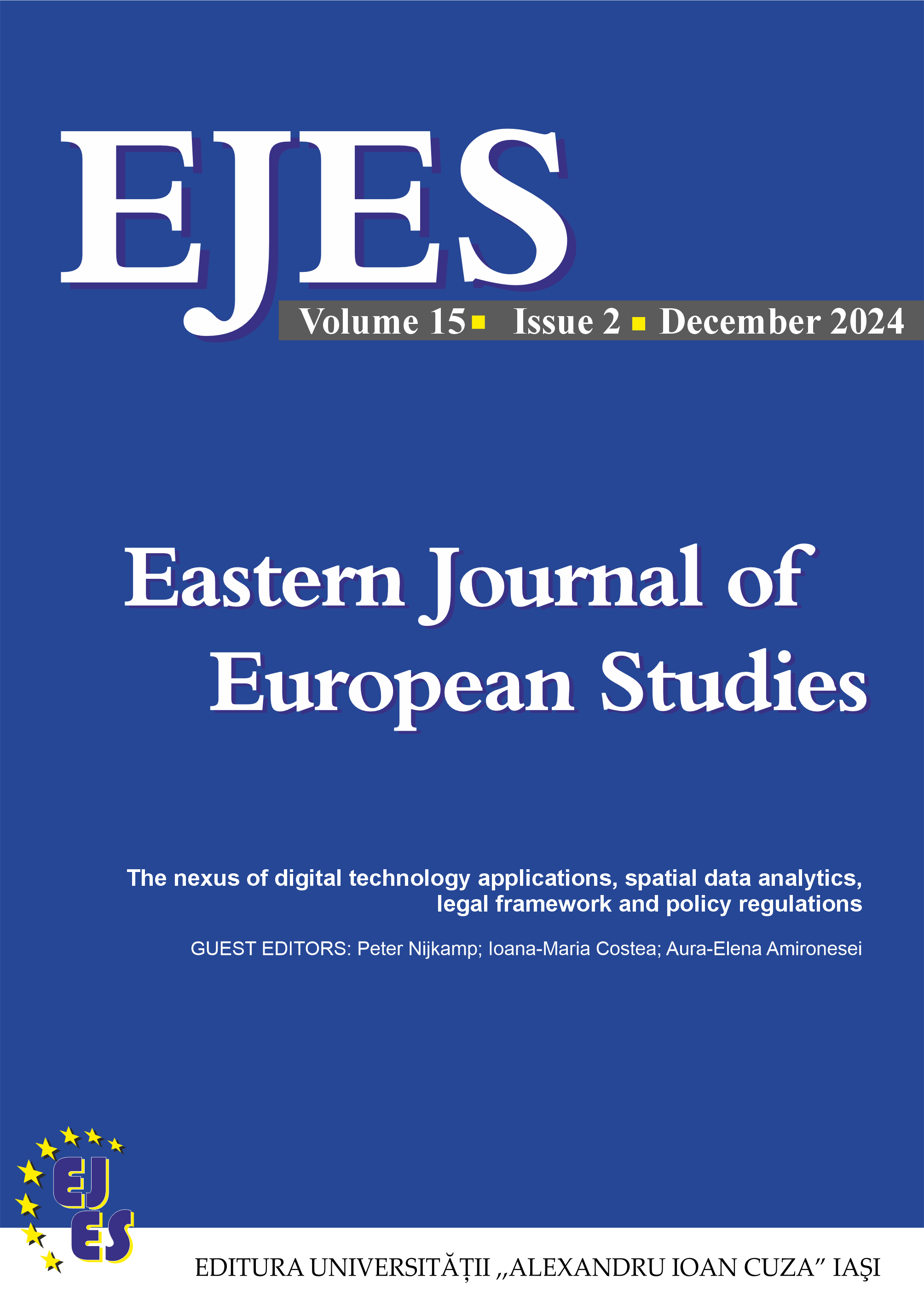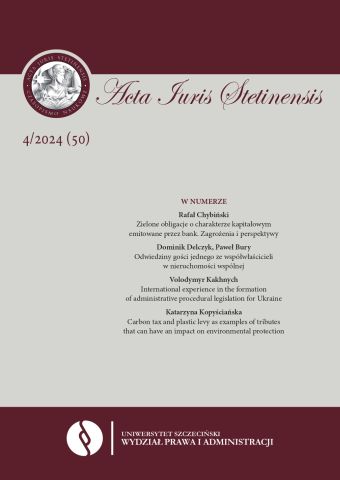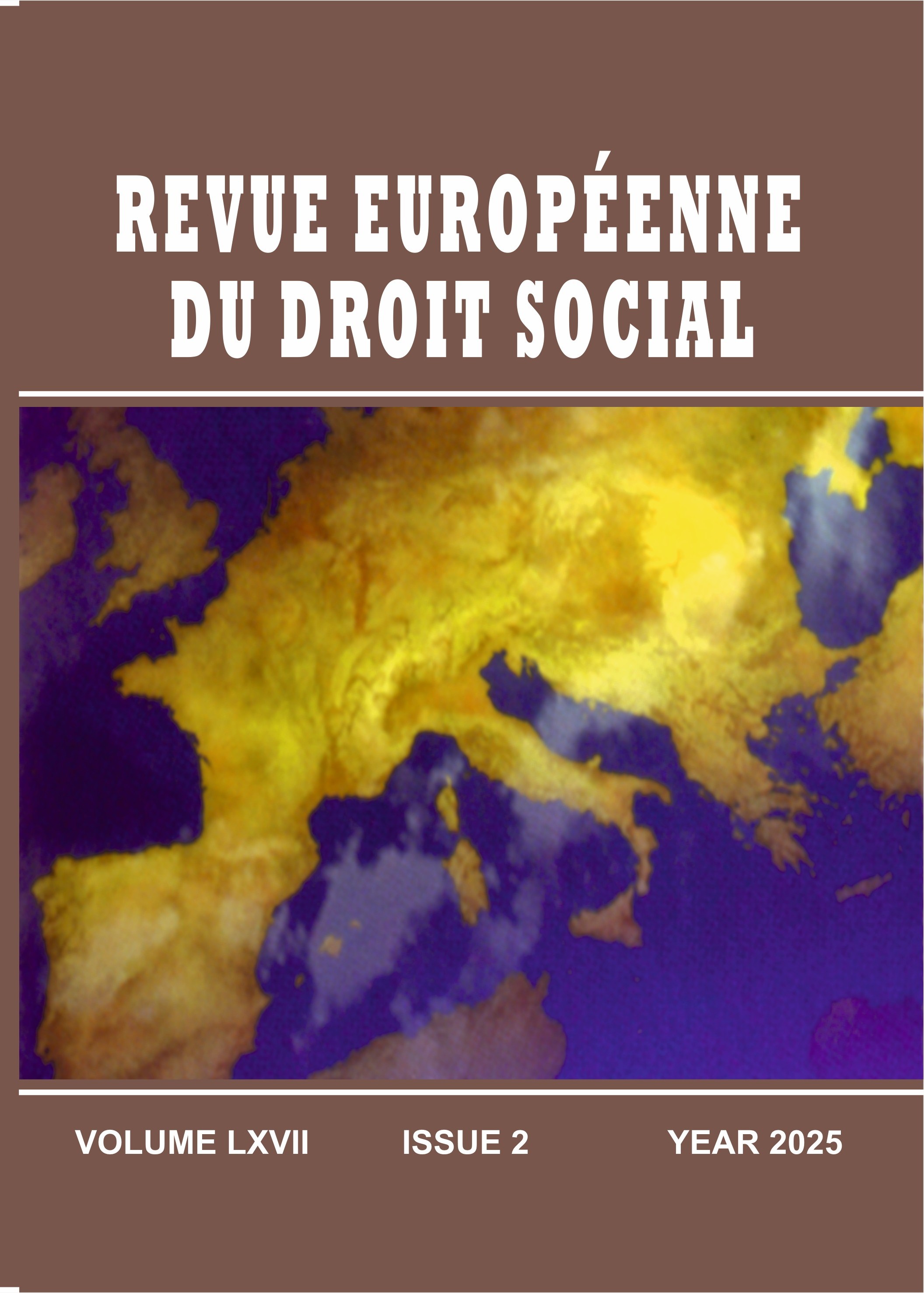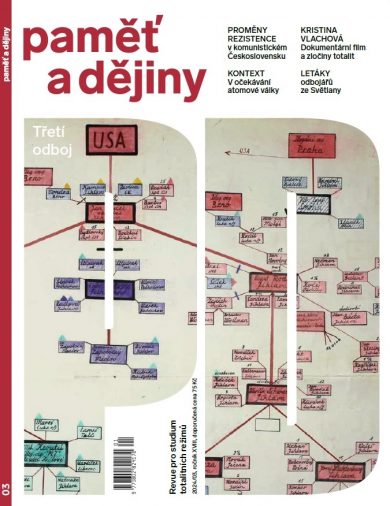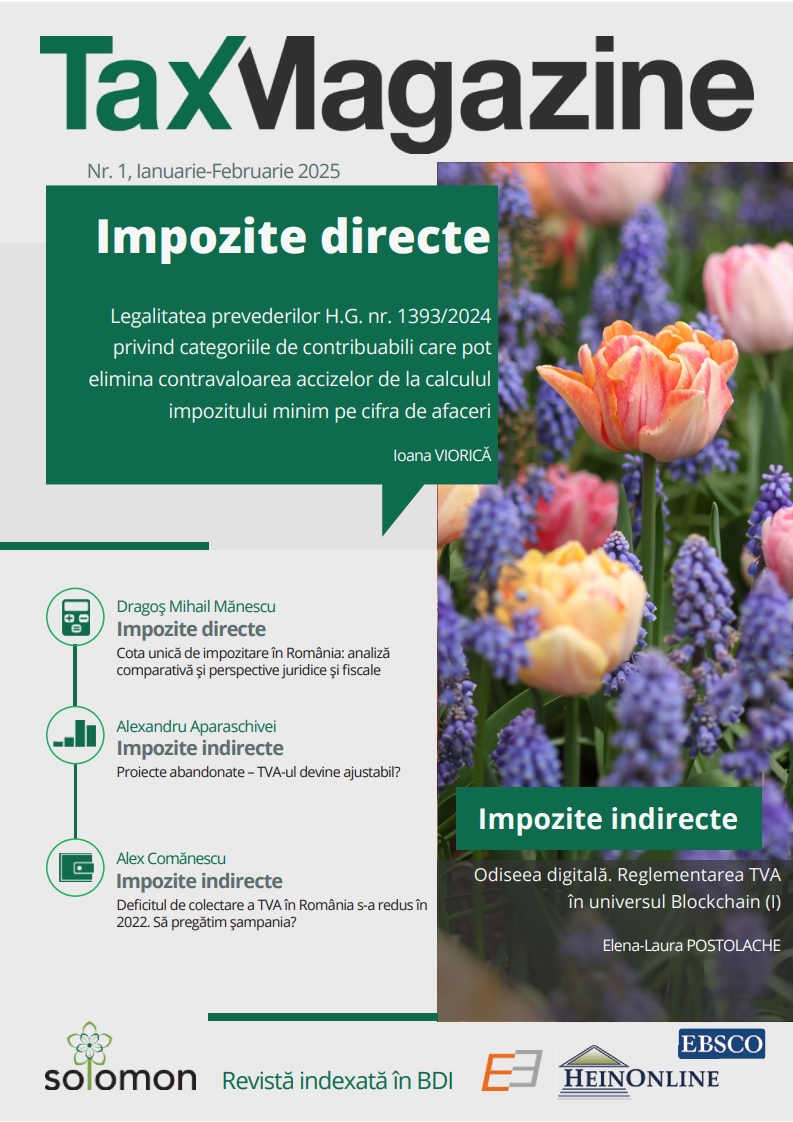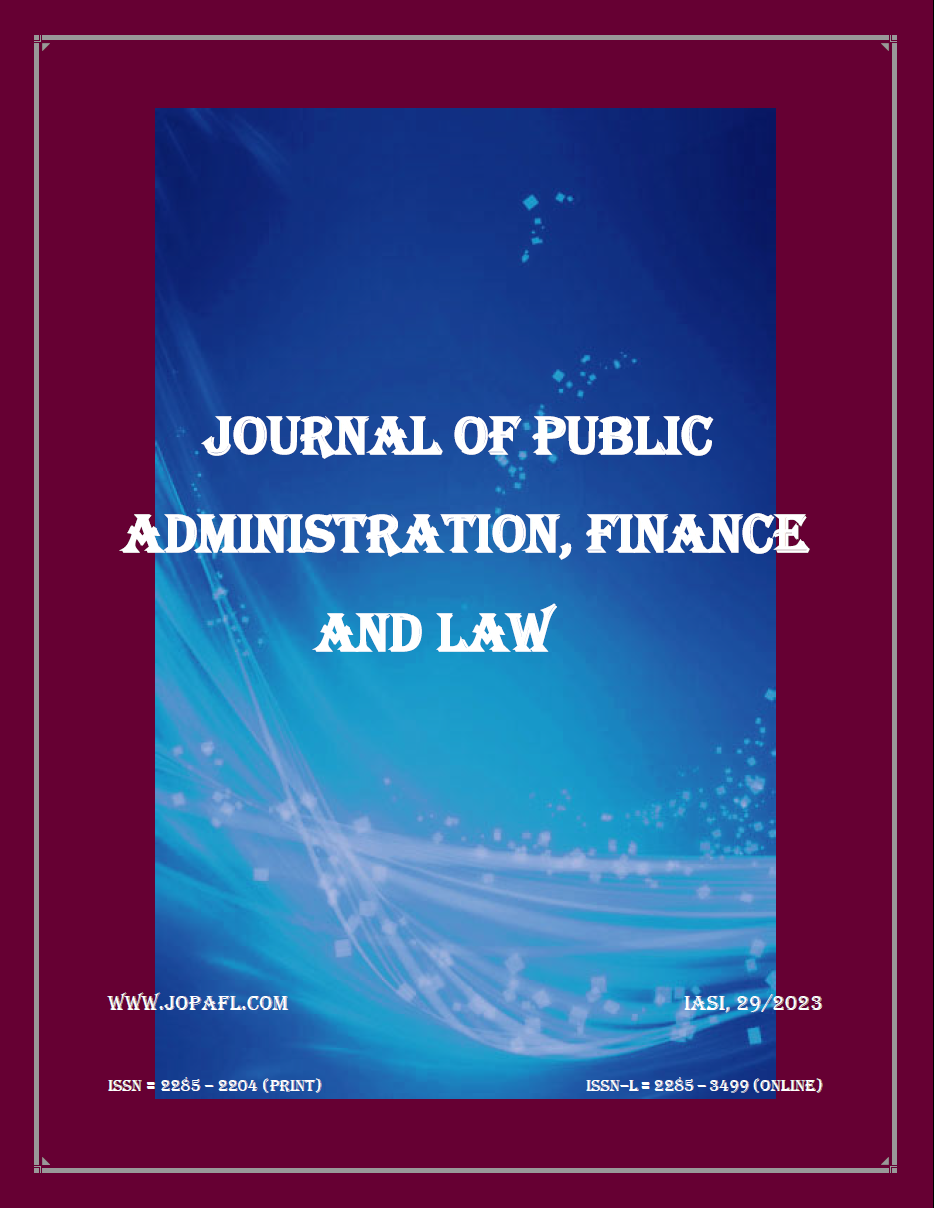
ECONOMIC AND FINANCIAL CRIMES COMMISSION (EFCC) AND WAR AGAINST WHITE-COLLAR CRIMES IN NIGERIA
The activities of corrupt individuals engaged in white-collar crimes still persist despite EFCC’s existence. This study was thus conducted to examine: the achievement of EFCC on containing money laundering and misappropriation of funds in Nigeria; and the implementation of EFCC’s anti-graft mandate in terms of obtaining money by false pretense and fraudulent banking in Nigeria. The study adopted scooping and survey method wherein 301 participants were sampled from selected states in Nigeria. It revealed that the fight against money laundering and misappropriation of funds; and obtaining money by false pretense and fraudulent banking were to a low extent implemented by EFCC. This finding is sacrosanct for understanding the dynamics of the anti-graft war in Nigeria. The study’s originality/value stems from its departure from the apparently over flogged issues regarding causes and/or effects of corruption to interrogating the extent of the performance of EFCC’s objectives through mixed method design.
More...
